
WP 4.1 Microbial Interactions under Climate Extremes
project description
Climate extremes, such as heat waves, extended drought periods, and torrential rains, are among the strongest drivers of change in the functioning of terrestrial ecosystems. At the same time, the frequency and intensity of extreme events are predicted to further increase during the next decades. Climate extremes are expected to have long-lasting effects, as they may change the future trajectories of ecosystem functions by permanently changing the microbial community composition and function, leading to alternative stable states.
The study of ecological memory of recurrent stress events is thus central to our understanding of future ecosystem trajectories and predicting climate change effects. So far, the response of microbiomes has mainly been studied following one climate extreme, although it is well known that, for example, heat waves and drought periods commonly occur together. In addition, microbiome responses to recurrent stresses have mainly been studied in further stress periods, while it has remained elusive how alternative stable states of soil microbial communities may affect ecosystem functions during non-stress periods.
The main goal of the project therefore is to comprehensively study the combined effects of heat waves and droughts on microbiome interactions in the plant-soil system. We will focus on the limits of resistance and resilience of microbiomes to extreme pulse stresses, and the emergence of ecological memory by recurrent extreme events, both on microbiome functioning during further stress, but also during non-stress periods. In WP 4.1 we will investigate interactions in the decomposer soil food web under extreme events.
Our broad approach will consider bacteria, saprotrophic and mycorrhizal fungi, but also predators (e.g., protists, nematodes, and bacterial predators) as a key regulatory factor of microbial community composition and activity. We will use established and new drought and heat field experiments in Austria and supplement them with a variety of smaller-scale mesocosm experiments in which the soil food web can be manipulated. In addition, we will investigate the effect of pulse perturbations on the plant microbiome. We will study the community composition (by amplicon sequencing of marker genes), the functional potential of the community (by multi-omics), and the realized soil functions (through measurements of key gross processes, such as growth, respiration, organic matter decomposition, and similar) by stable isotope techniques (13C, 15N, 33P, and 18O).
The results of this project will provide a unique assessment of the microbiome resistance and resilience in soil ecosystems to recurrent, combined extreme climate events, and will lead to a comprehensive framework of microbiomes and microbial interactions under climate extremes.
work package leader
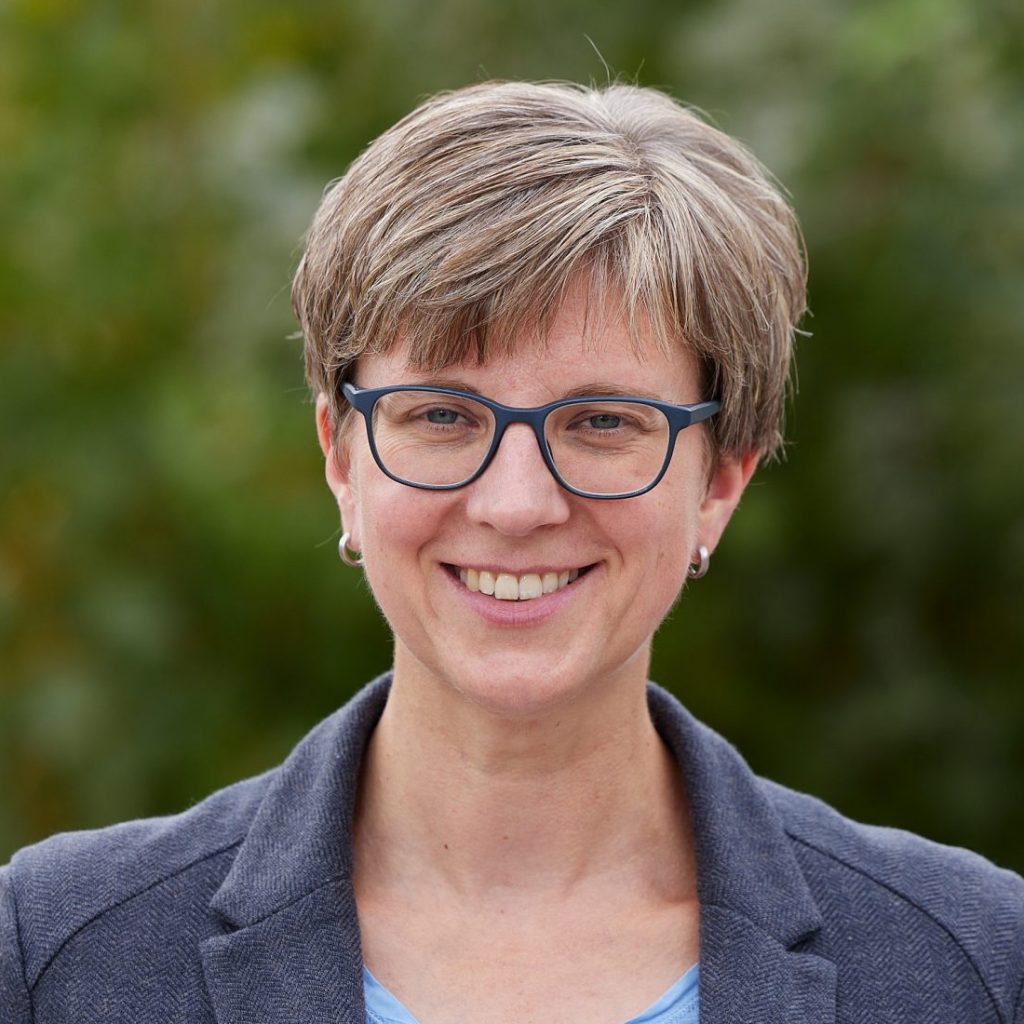
dagmar wöbken
University of Vienna
Associate Professor at the Division of Microbial Ecology (CeMESS)
CoE Key Researcher
work package members
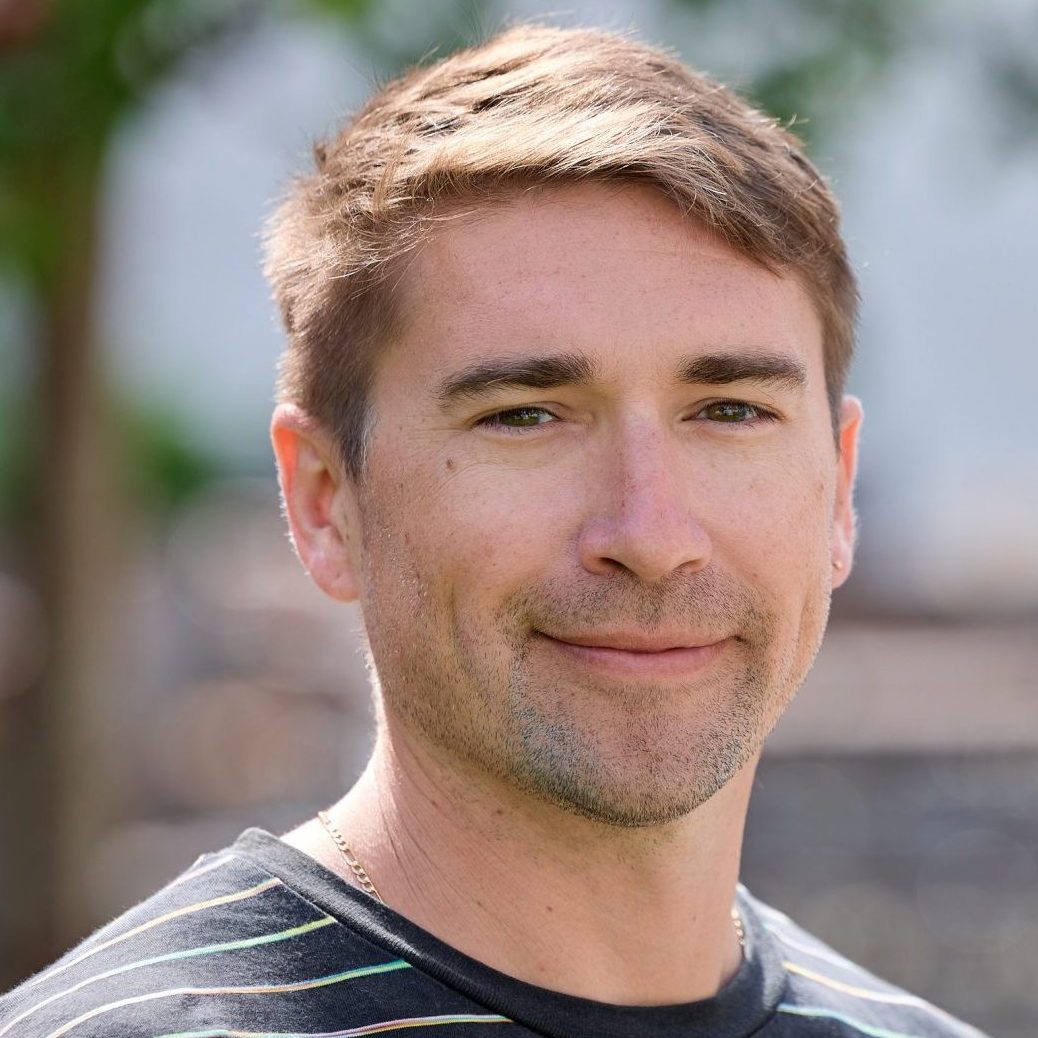
david berry
CoE Key Researcher
university of vienna
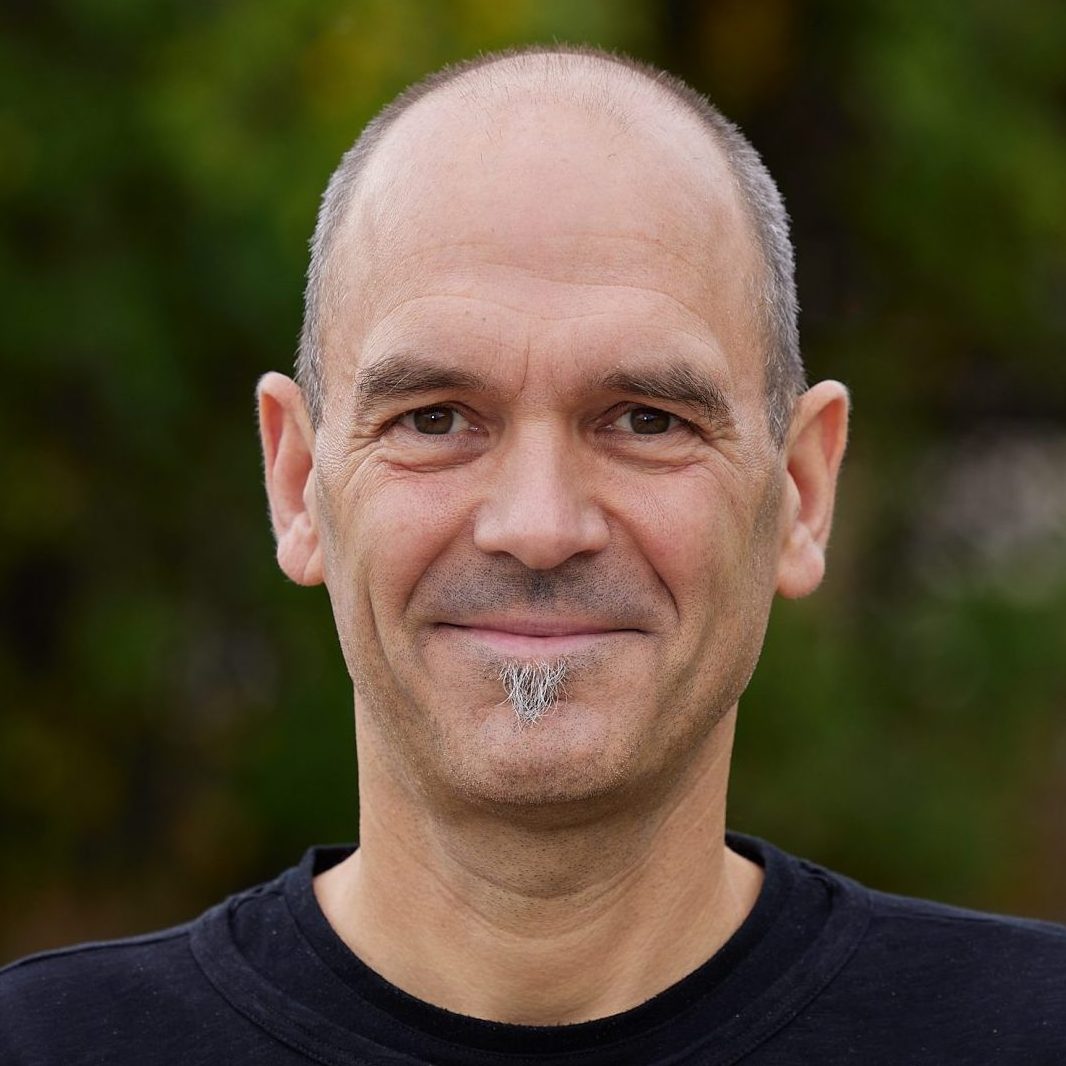
matthias horn
CoE Key Researcher
university of vienna
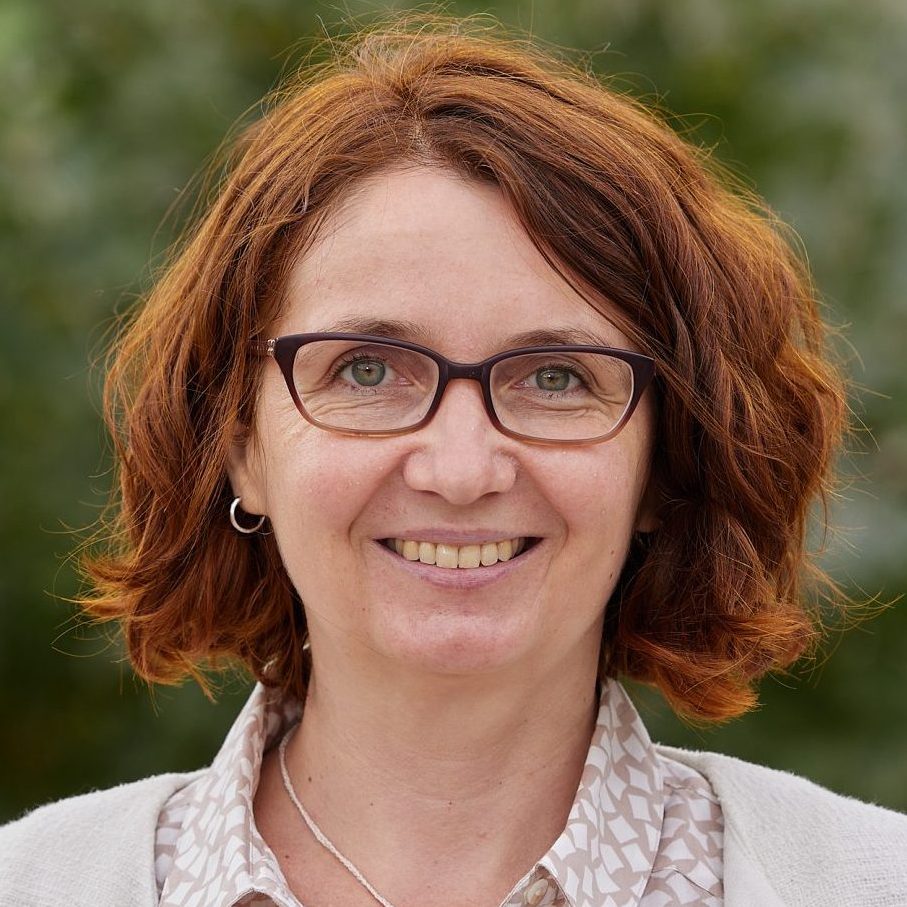
christinA kaiser
CoE Key Researcher
university of vienna
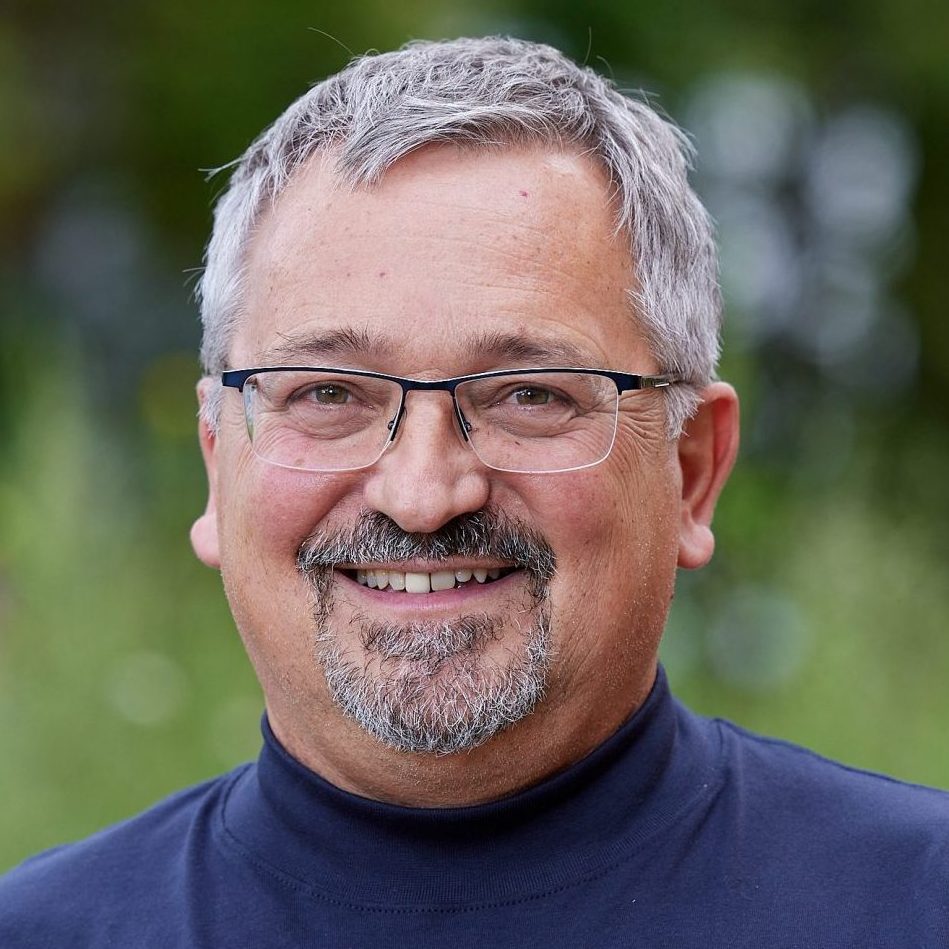
andreas richter
CoE Key Researcher
university of vienna
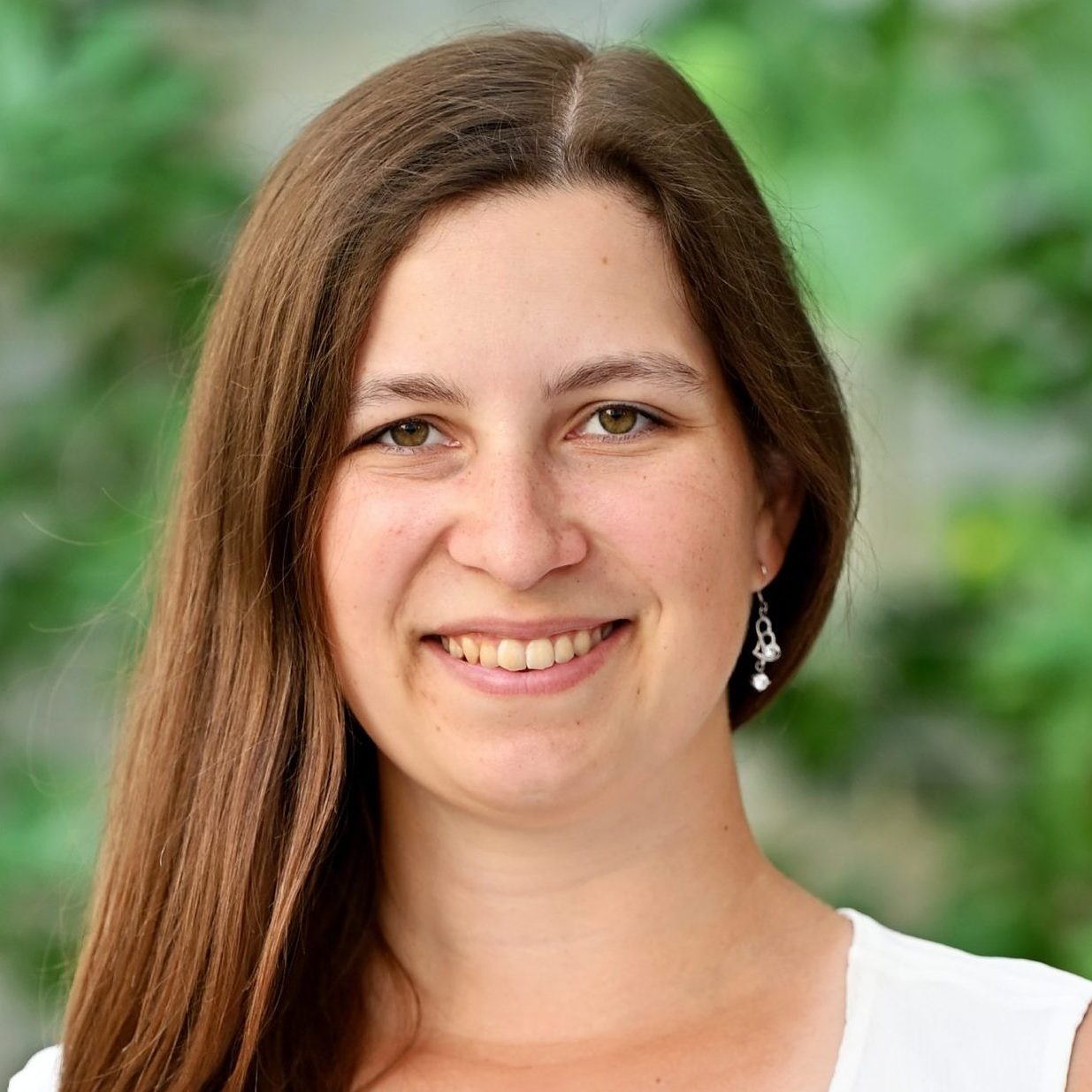
cornelia rottensteiner
PhD Student
university of vienna
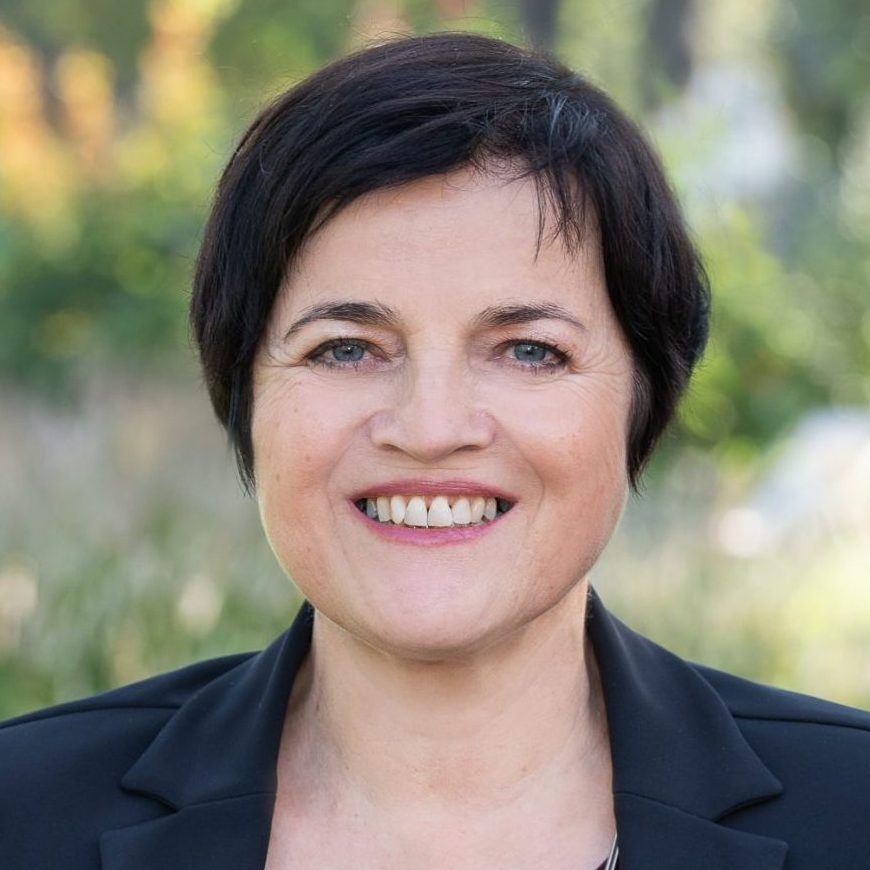
angela sessitsch
CoE Key Researcher
austrian institute of technology
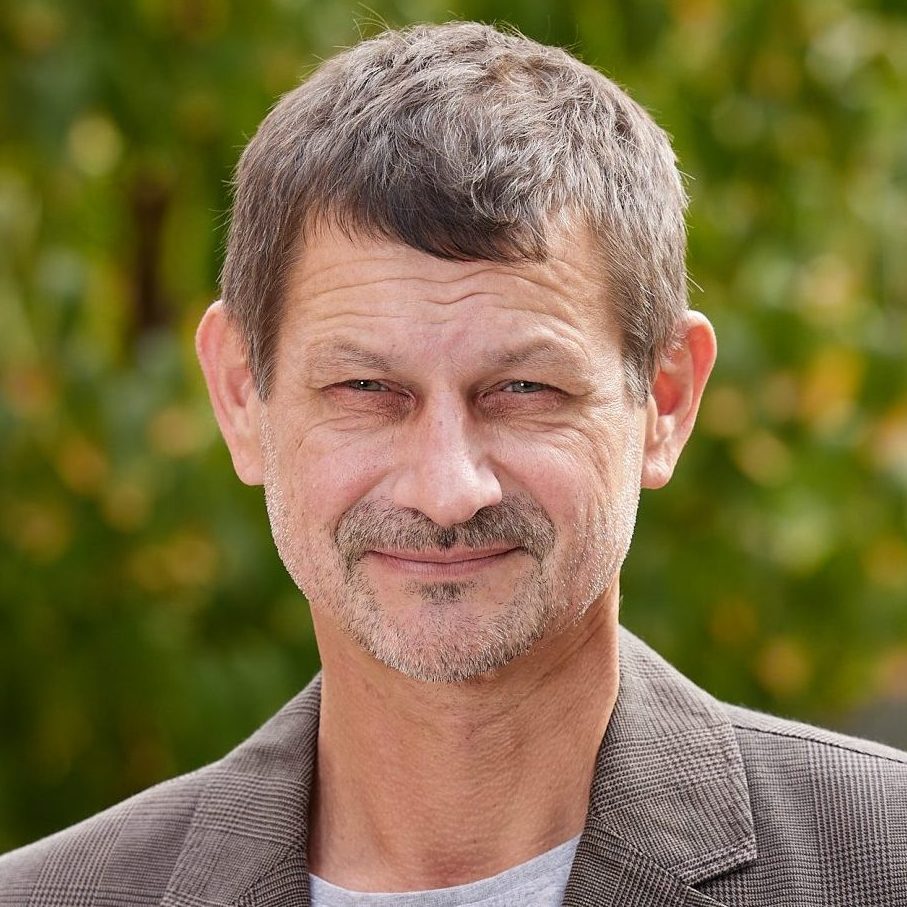
wolfgang wanek
CoE Key Researcher
university of vienna
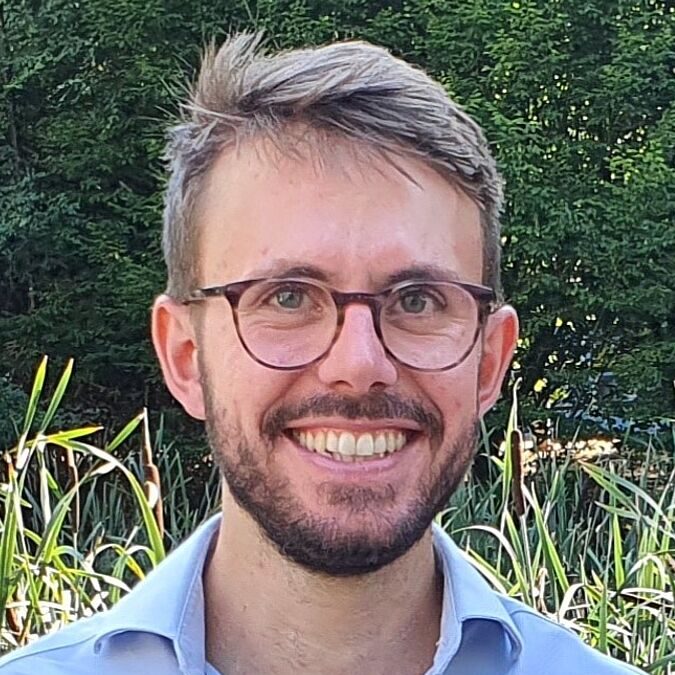
Foto: Clemens Fabry
valentin waschulin
Postdoctoral Reseacher, transitioned to MSCA Fellowship
university of vienna
involved institutions
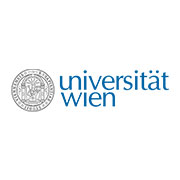
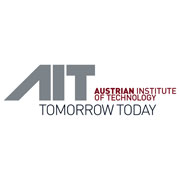
CoE publications in wp 4.1
Canarini A., Fuchslueger L., Schnecker J., Metze D., Nelson D. B., Kahmen A., Watzka M., Pötsch E. M., Schaumberger A., Bahn M., Richter A. 2024, Soil fungi remain active and invest in storage compounds during drought independent of future climate conditions, Nat Commun, 15(1), doi: 10.1038/s41467-024-54537-y

